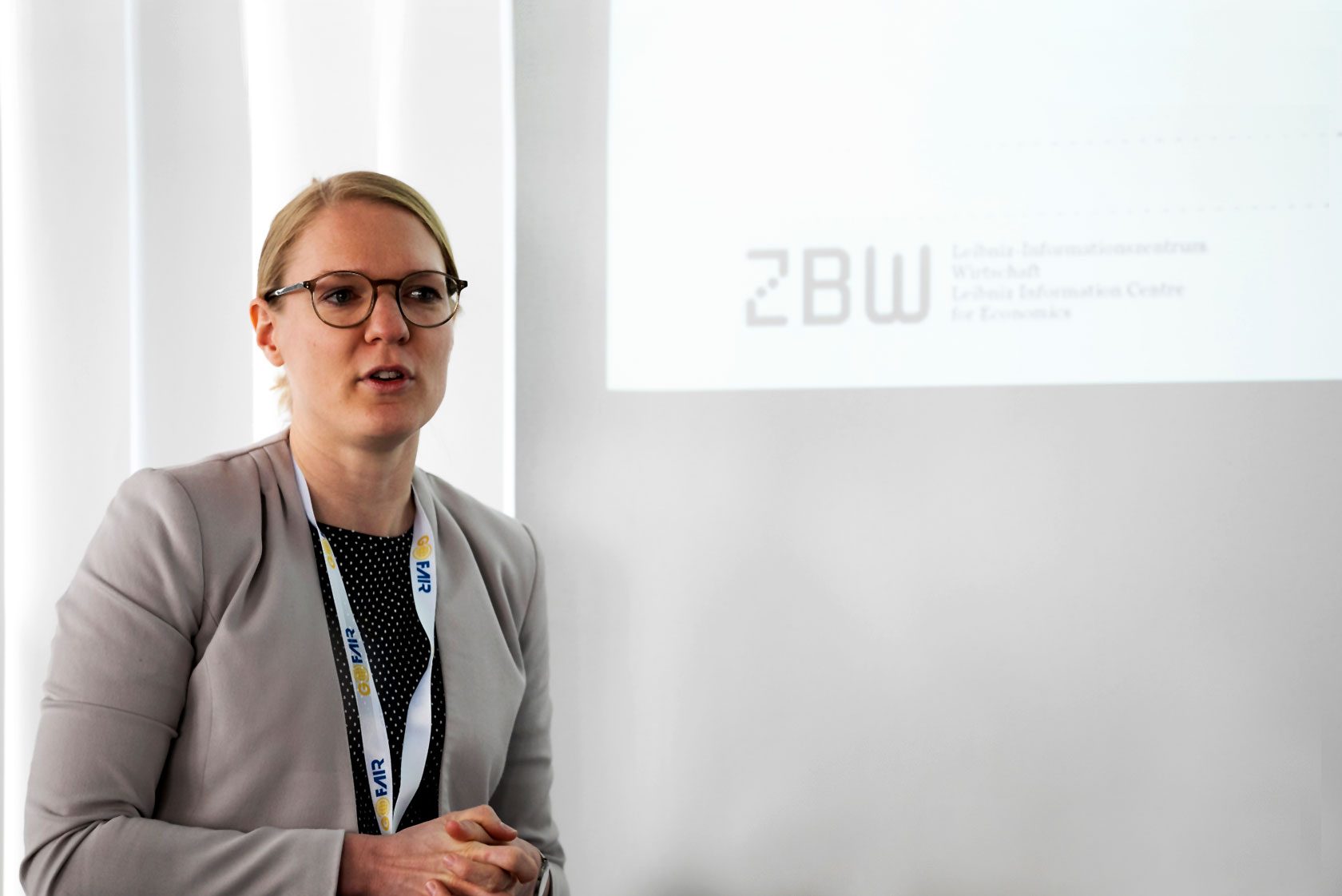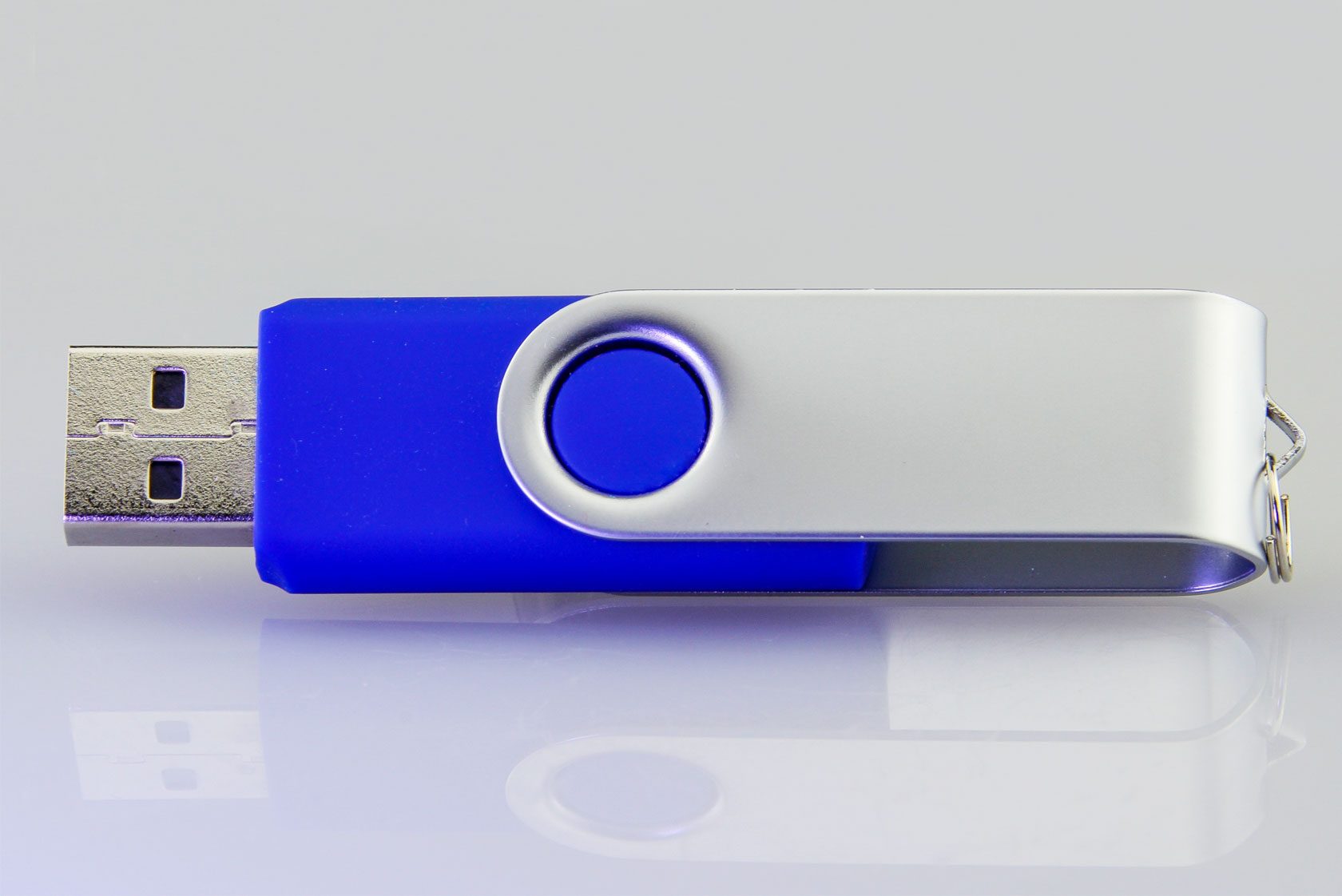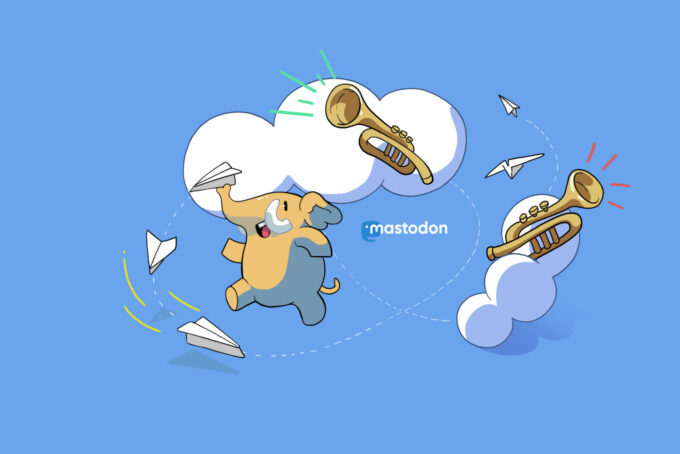
GO CHANGE Workshop: How ‘Yes, but…’ can be Changed Into a FAIR Sientific Culture
At the last GO CHANGE workshop, the focus was on the ‘cultural transformation’ in regard to research data for the first time. Ines Drefs explains how these workshops facilitate the use of synergy effects and how GO FAIR contributes in this way to systematically promoting a FAIR scientific culture.
we were talking with Ines Drefs
 The GO FAIR International Support and Coordination Office organizes workshops on a regular basis for the FAIR community. Ines Drefs, the international advisor at the GO FAIR office in Hamburg, talks in the following interview about the outcomes of the GO CHANGE workshop held in Frankfurt am Main on 19 June 2019.
The GO FAIR International Support and Coordination Office organizes workshops on a regular basis for the FAIR community. Ines Drefs, the international advisor at the GO FAIR office in Hamburg, talks in the following interview about the outcomes of the GO CHANGE workshop held in Frankfurt am Main on 19 June 2019.
What was the objective of the GO CHANGE workshop?
We had three specific objectives. Lately a lot of universities and research centres have opened what are known as competence centres, the purpose of which is to support researchers in supplying their data in such a way that it is findable, accessible, interoperable and reusable – in other words, that it complies with the principles of FAIR. All the employees of these centres face similar challenges in their work, such as the question of how to further promote the transition towards a FAIR scientific culture. In some cases they have already come up with some highly useful approaches. It was therefore our declared objective that the staff of competence centres should be able to exchange ideas about procedures, materials, and even the formats of events at our workshop.
Skip to PDF contentIn addition we wanted to draw on their assistance to prepare a systematic collection of resources and to promote the establishing of an implementation network called ‘GO UNI’ under the umbrella of the GO FAIR initiative. And in fact we achieved all this.
How do you attract scientists to implement the FAIR principles?
One approach is to focus on the ‘Yes, but’ people. This was a suggestion made at the workshop. ‘Yes, but’ people in this case are scientists who demonstrate an interest in open science and FAIR data on the one hand, but on the other don’t know exactly what they can do about this in practical terms. If we help them to take the next concrete step and to gain a positive experience, then – we hope – a FAIR research practice will slowly but surely become established. There is already no shortage of tools for this purpose, but many researchers simply don’t know about them. Here the competence centres play an important role as interfaces. They suggest tools to researchers that they can use to create research data management plans; they recommend repositories, while also reporting back to the university administration, say, about the infrastructure requirements of the researchers.
What is happening now in the GO UNI implementation network of GO FAIR that has drawn together the competence centres for research data management?
The membership of the GO UNI implementation network is concerned above all with improving the offerings that they provide as competence centres with regards to research data management. To this end it is naturally beneficial for individuals to swap ideas and share best practices. In the implementation network it is exactly this that is intended to spread beyond national borders. The members of the implementation network want to organize a constant knowledge transfer, for example through an online forum or regular gatherings. This would then be a place for discussing overriding themes such as data protection as well as discipline-specific support options. Here GO UNI also profits from exchange with the wider GO FAIR community, where technical solutions and training approaches are tested out in other implementation networks that they can then make use of.
A detailed report (in English) on the outcomes of the workshop is available here.
Ines Drefs is international advisor with the GO FAIR Support and Coordination Office in the ZBW – Leibniz-Information Centre for Economics, Hamburg.
Photo by Tobias Vollmer
View Comments

Research Data Management: Toolbox for Successful Institutional Services
What do we do with the data, some researchers wonder. Central university institutions...



